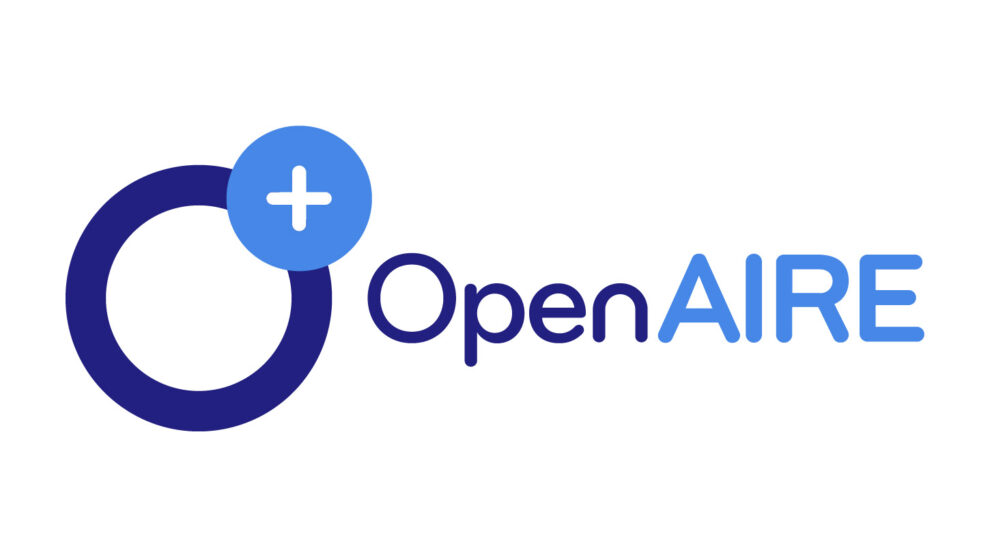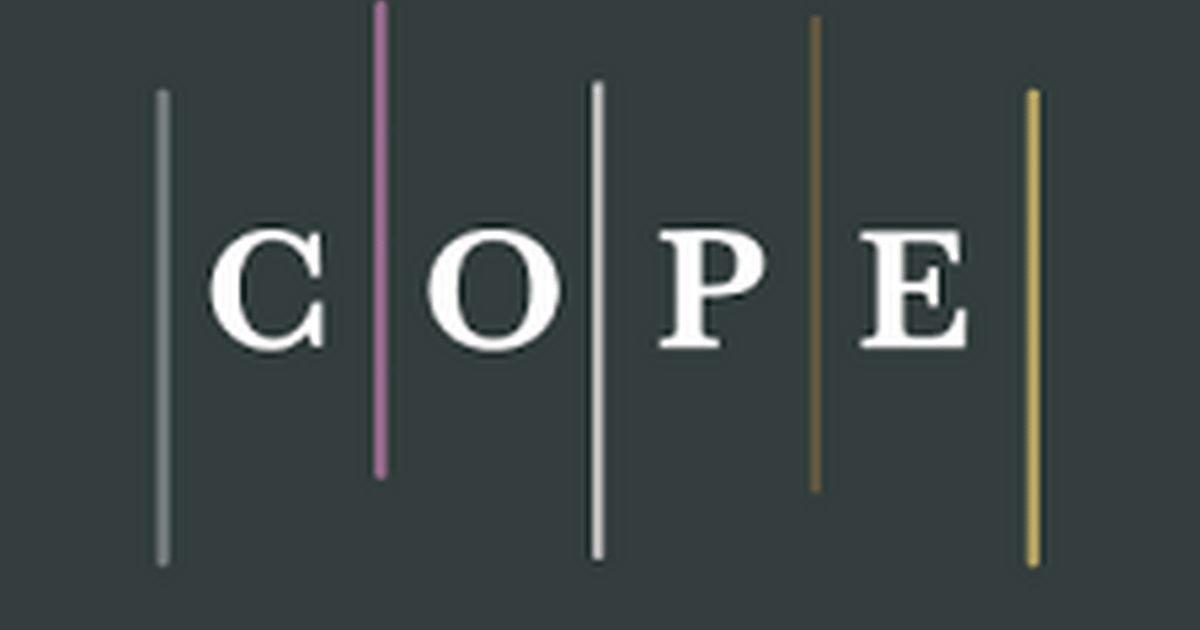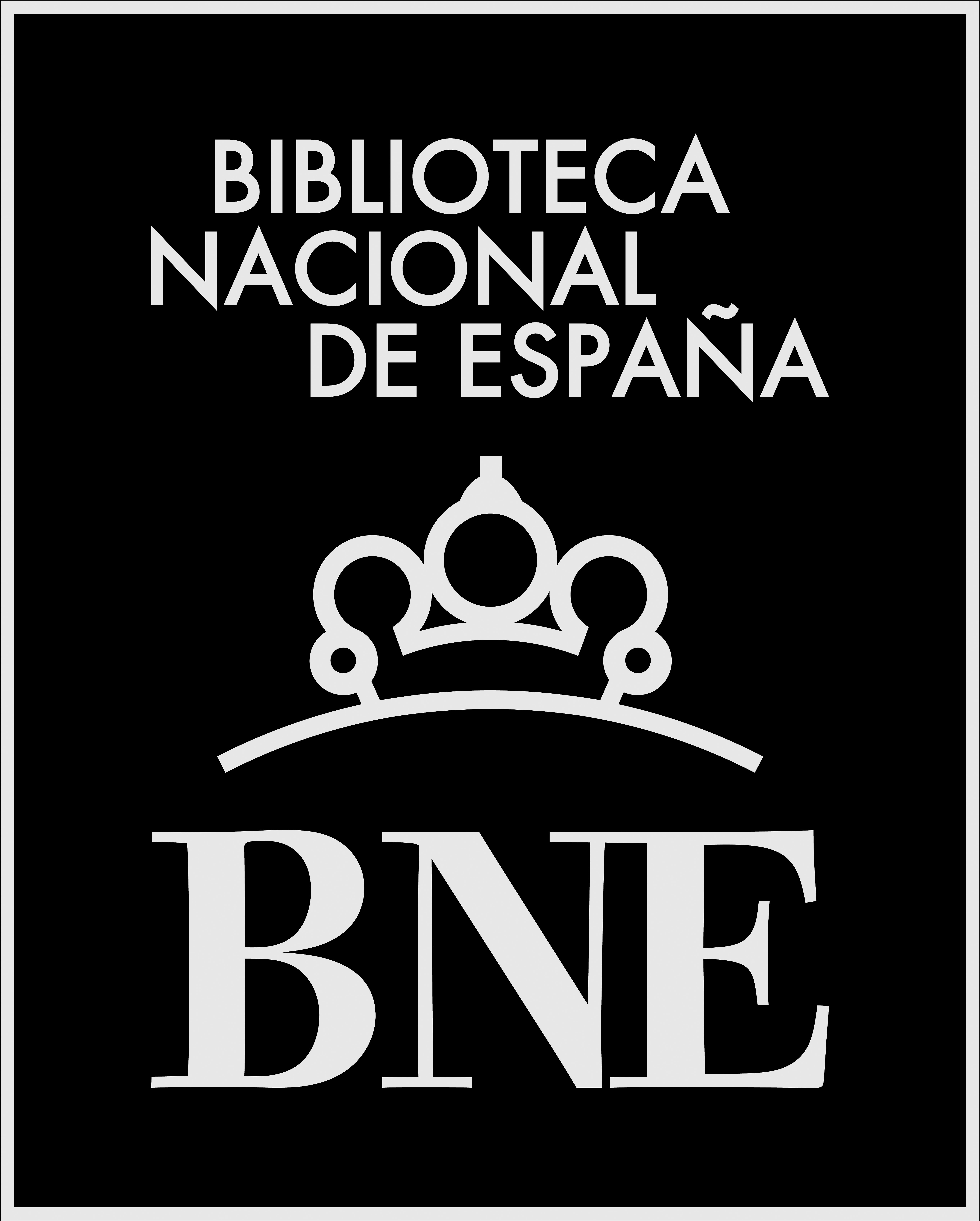Gamification in a COIL project for industrial engineers
DOI:
https://doi.org/10.5281/zenodo.16424697Keywords:
COIL, gamification, challenge-based learning, assertive communication, productivityAbstract
This article presents the application of gamification in a Collaborative Online International Learning (COIL) environment, developed in collaboration between UNIMINUTO (Colombia) and the University of Valparaíso (Chile). The objective was to analyze how industrial engineering students apply key concepts from their discipline through challenge-based learning and gamification in a competitive and collaborative context. A workshop was implemented at each university, simulating an industrial manufacturing environment through the production of origami boats. Participant observation was combined with a subsequent survey to assess competencies and analyze the learning, strategies applied, and challenges overcome by the students. The observation revealed the development of transversal skills, such as effective communication and collaboration, as well as improvements in individual and group productivity. The results highlight the acquisition of practical knowledge, the adaptability of the methods used, and the students' ability to solve problems in a gamified environment. Gamification in COIL environments fosters key engineering skills, promoting active learning and international interaction. Mixing practical challenges and playful elements facilitated the application of theoretical knowledge and the overcoming of obstacles, suggesting its potential for innovation in higher education.
Downloads
References
Bermejo Rodríguez, J., y Toledo Lara, G. (2025). Hacia una comprensión filosófica del currículo: nuevas lógicas emergentes. Revista de Estudios Pedagógicos Contemporáneos, 1(1) 1-15. https://doi.org/10.5281/zenodo.14677579
Hackett, S., Janssen, J., Beach, P. et al. (2023) The effectiveness of Collaborative Online International Learning (COIL) on intercultural competence development in higher education. Int J Educ Technol High Educ 20, 5. https://doi.org/10.1186/s41239-022-00373-3
Marcillo Gomez, M., y Desilus, B. (2016). Collaborative Online International Learning Experience in Practice.
Marini, G. y Rodríguez-Merchán, J. (2021). Reconsidering time in schools: an everyday aesthetics perspective. Journal of Philosophy of Education, 55, 893–904. https://doi.org/10.1111/1467-9752.12592
Marini, G., Rodríguez-Merchán, J. y Salas-Aguayo, M. (2018). Estéticas cotidianas escolares: desde lo que se ve hacia cómo se siente la escuela. Educação & Sociedade, 39(143), 361–378. https://doi.org/10.1590/ES0101-73302018171876
Mendoza Loor, E.., Huerta Vera, J., Intriago Alonzo, F., y Ávila Martínez, M. (2024). Más allá del aula: El poder de los sitios web para una educación matemática atractiva y eficaz. Praxis Pedagógica, 24(36), 207-227. https://doi.org/10.26620/uniminuto.praxis.24.36.2024.207-227
Ministerio de Educación de Chile [MINEDUC] (2019). Bases Curriculares tercero y cuarto medio. https://acortar.link/3dIdQs
Ministerio de Educación de Chile [MINEDUC] (2020). Plan de aseguramiento de la calidad de la educación 2020-2023. https://www.mineduc.cl/wp-content/uploads/sites/19/2020/07/SAC-2020-2023_vf.pdf
Miranda‑Moreno, V. M., Plaza Zúñiga, J., y Barón‑Velandia, B. (2025). Nuevas prácticas en la educación superior: Tres estudios de caso en la Corporación Universitaria Minuto de Dios – UNIMINUTO. Estrategia y Gestión Universitaria, 13 (1) 1-18. https://doi.org/10.5281/zenodo.15361268
Muñoz Escalona, P., de Crespo, Z., Olivares Marin, M., y Dunn, M. (2022). Collaborative online international learning: Away to develop students’engineering capabilities and awareness to become global citizens. International journal of mechanical engineering education, 50(1), 89-104. https://doi.org/10.1177/0306419020934100
Organización de las Naciones Unidas para la Educación, la Ciencia y la Cultura [UNESCO] (2005). Informe educación para todos el imperativo de la calidad. https://es.unesco.org/gem-report/node/511
Reza Khan, Z., Dyer, J., Bjelobaba, S., Gomes, S., Henek Dlabolová, D., Sivasubramaniam, S., . . . Harish, P. (2021). Initiating count down - gamification of academic integrity. Initiating count down-gamification of academic integrity. International Journal for Educational Integrity, 17(1), https://doi.org/10.1007/s40979-020-00068-0
Saputro, A. (2023). Research Trends and Applications of Gamification in Higher Education A Bibliometric Analysis Spanning. International Journal of Emerging Technologies in Learning (iJET), 18(5), 19-41. https://doi.org/10.3991/ijet.v18i05.37021
Toledo Lara, G. (2021). Pedagogías emergentes: una aproximación exploratoria. Aposta. Revista de Ciencias Sociales, (91), 98-113. http://apostadigital.com/revistav3/hemeroteca/toledolara.pdf
Willatt, C., Castro-Sosa, D., Salinas-Trujillo, R., y Vásquez-Orrego, V. (2023). La calidad estética como objeto de investigación en contextos educativos. Un ensayo sobre la normatividad de lo pedagógico y lo estético. Revista Ensayos Pedagógicos, 18(2), 1-24. https://doi.org/10.15359/rep.18-2.3
Downloads
Published
Issue
Section
License
Copyright (c) 2025 Benjamín Barón-Velandia, Daniel Nofrid Rocha Jiménez , Mauro Grossi Pasche , Cristián Cofré León, Samir Esteban Pérez Suárez (Autor/a)

This work is licensed under a Creative Commons Attribution-NonCommercial-NoDerivatives 4.0 International License.
This journal provides immediate open access to all its content, following the principle that making research freely available to the public fosters a wider global exchange of knowledge. In line with this commitment, the articles published in the Revista de Estudios Pedagógicos Contemporáneos are licensed under a Creative Commons CC BY 4.0 — Attribution International License, which allows sharing and adaptation of the content, provided appropriate credit is given to the authors and the journal.
How to Cite
Similar Articles
- Brenda Miroslava Carrión Ramírez, Idana Beroska Rincón Soto, Disability and social inclusion: progress and new challenges in ecuadorian higher education , The Journal of Contemporary Pedagogical Studies : Vol. 1 No. 1 (2025)
- Solangie Martínez Urbano, Critical analysis of the article “Gamification in a COIL project for industrial engineers” , The Journal of Contemporary Pedagogical Studies : Vol. 1 No. 1 (2025)
- Camino Sánchez Ortiz, Addressing diversity through educational technology: an intervention in multigrade classrooms in early childhood and primary education , The Journal of Contemporary Pedagogical Studies : Vol. 1 No. 1 (2025)
- Miguel Salgado García, Service-Learning and oral health education: a methodological proposal in vocational healthcare training , The Journal of Contemporary Pedagogical Studies : Vol. 1 No. 1 (2025)
- Pablo Alejandro Veintimilla Ramirez , Educational reforms and public policies in upper secondary education: a comparative analysis of the cases of Spain and Ecuador , The Journal of Contemporary Pedagogical Studies : Vol. 1 No. 1 (2025)
- PhD. Benjamin Barón Velandia, Research practices: an analysis from the epistemological horizon and theoretical corpus , The Journal of Contemporary Pedagogical Studies : Vol. 1 No. 1 (2025)
- Rafael Muñoz Ruiz, The Development of Mathematical Thinking Through the Open Number-Based Method (ABN) in a Classroom of Three-Year-Olds , The Journal of Contemporary Pedagogical Studies : Vol. 1 No. 1 (2025)
- Gonzalo Adrián Espejo Marín, Functional diversity in students and the use of ICTs: an innovation proposal , The Journal of Contemporary Pedagogical Studies : Vol. 1 No. 1 (2025)
- Cristina Calle Martínez, Beatriz Chaves Yuste, Dra. Marta Silvera Roig, Breathe, rehearse, trust: A micro intervention in English for specific purposes oral presentations with qualitative evidence from the university classroom , The Journal of Contemporary Pedagogical Studies : Vol. 2 No. 2 (2026)
- Begoña Planells Hernani, Extracurricular course experience “Pedagogy of Play” , The Journal of Contemporary Pedagogical Studies : Vol. 1 No. 1 (2025)
You may also start an advanced similarity search for this article.
Most read articles by the same author(s)
- PhD. Benjamin Barón Velandia, Research practices: an analysis from the epistemological horizon and theoretical corpus , The Journal of Contemporary Pedagogical Studies : Vol. 1 No. 1 (2025)
















